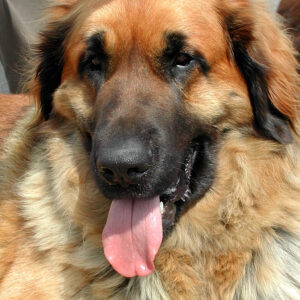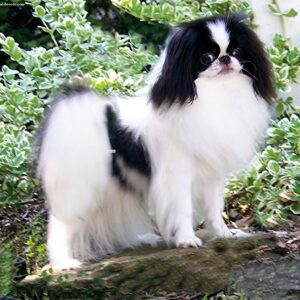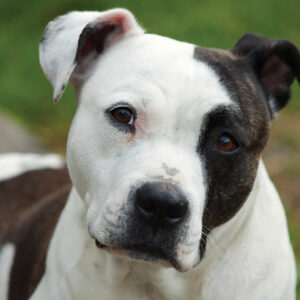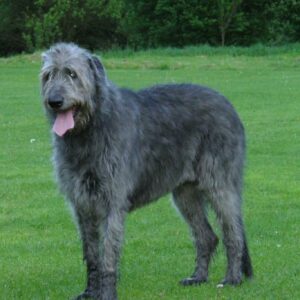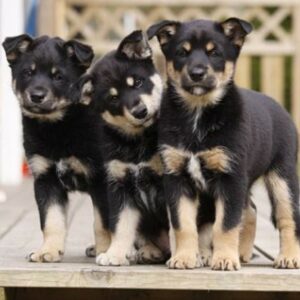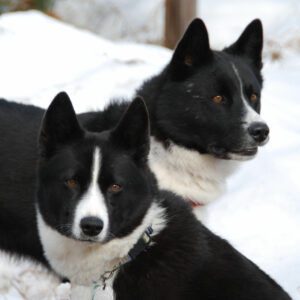Introducing the Harrier breed, a lovely and affectionate dog that is known for its lovely personality and charming appearance. As a member of the hound family, Harriers are bred for hunting, specifically for fox hunting. In this post, we’ll explore the history, characteristics, care and training, as well as provide some tips on choosing the best food for this active pooch.
History
The Harrier breed is one of the oldest breeds dating back to medieval England. This breed was primarily used for hunting hares, and the name “Harrier” is derived from the French word “harer” – meaning “to hare”. It is believed that the breedings of Beagles, Foxhounds and the extinct English Harrier were key in developing the breed.
Over the years, Harriers have become a popular breed around the world, both as hunting dogs and as wonderful pets. The American Kennel Club registered the breed in 1885, and it has since become a beloved breed among many families.
/GettyImages-1149610119-340dd6681846426cac4f35a41f1aae67.jpg)
Today, the breed is still used for hunting, but more commonly, they are kept as pets who love to play, cuddle and have fun with their owners. A Harrier’s loyalty to their owner is second to none and they’re a great addition to a family looking for a fun-loving and active dog.
Location of Origins & Characteristics
The Harrier is a medium-sized dog, with an athletic build and short, glossy coat. It is a sturdy dog breed and is well-suited to running and galloping for extended periods. They have strong muscles that help them to chase their prey with great speed, and their keen sense of smell is remarkable.
As far as temperament goes, Harriers are known for being friendly and gregarious dogs that enjoy spending time with their owners and other dogs. Additionally, they are known for being high energy and active breeds, which makes them an excellent choice for families with children with whom they can play and run.

Harriers thrive in a home where they get plenty of exercise and attention. They generally have a lot of stamina and require long walks, runs, or outdoor playtime to stay fit and happy. Due to their hunting background, they can become stubborn when following a scent, so proper obedience training is recommended.
Harriers are also known for their intelligence and the ability to make decisions on their own. That’s why, even in unexpected situations, they can perform well without their owner’s commands. They are typically not aggressive towards humans and other pets and can prove to be a loyal and dedicated companion for life.
Choosing the Best Foods
The Harrier breed has an active lifestyle so it’s important to feed them a balanced diet that is rich in proteins, minerals, and vitamins. Feeding them a high quality, commercial dog food is the easiest way to ensure that they receive all the nutrients they need. It’s essential to ensure their diet is well balanced and meets all their nutritional needs requirements.
It’s important to monitor your Harrier’s food intake, as they can become overweight quickly if they lead a sedentary lifestyle. If your Harrier likes to snack in between meals, you need to ensure that the extra calories are accounted for in their daily meal calorie allowances.
Always remember to read the labels when choosing dog food Brands that have high sugar or fillers should be avoided. Some healthy options for treats include baby carrots, apples, and peanut butter in moderation.
Training
Training your Harrier is essential for them to appreciate your mutual relationship more. Early obedience training is recommended to develop your Harrier’s instincts and control their stubborn streaks when they try to follow a scent. Patience during training will pay off in the long run.
Positive reinforcement is key when training Harriers, and rewards-based training methods have been found to be particularly effective in terms of obedience training. Harriers are quick learners and intelligent, picking up tricks and commands quickly with some repetition and consistency.
It’s important to take training sessions in short periods and make them enjoyable since the Harrier tends to get easily distracted, particularly out in the open. Ensure that you have an exciting play session before and after training so they can get thoroughly stimulated and happy.
Taking Care
Harriers generally have short, glossy coats and require minimal grooming. A good brushing once a week should ensure that their coats are clean and shiny, particularly after playing in parks or outdoor areas. Harriers may suffer from ear infections, making it essential to check their ears regularly for excess wax, odour and inflammation.
Harriers have high energy levels and need plenty of exercise, both indoors and out. They love to explore their environment, so when you are planning outdoor activities, always make sure that they are on a leash or in a secure enclosure. As a result of the Harrier’s love for the outdoors, they may also suffer from ticks, fleas, and other outdoor parasites, so be sure that you use parasite preventative measures e.g. flea and tick repellents.
Harriers are known for their thick, muscular build which can lead to hip and elbow dysplasia. Regular check-ups with the vet and ensuring proper nutrition can reduce the risk of joint problems later in the life of the dog.
FAQs
Q: What is the average lifespan of a Harrier?
A: The average lifespan of a Harrier is 12 to 15 years.
Q: Are Harriers recommended for first-time dog owners?
A: Harriers can make great pets for first-time dog owners who have previous experience with owning a dog. They are relatively easy to train and adapt well to new environments.
Q: Do Harriers suffer from health issues?
A: Harriers are generally healthy dogs but can suffer from hip and elbow dysplasia, ear infections, and tick and flea infestations if preventative measures are not taken.
Conclusion
In conclusion, the Harrier breed is a lovable and active dog that makes a wonderful companion for people of all ages. They thrive on attention, exercise, and playtime, making them an excellent choice for families with children or active individuals looking for an energetic and loyal pet. With proper care and training, Harriers can live a long and healthy life filled with love and companionship.

